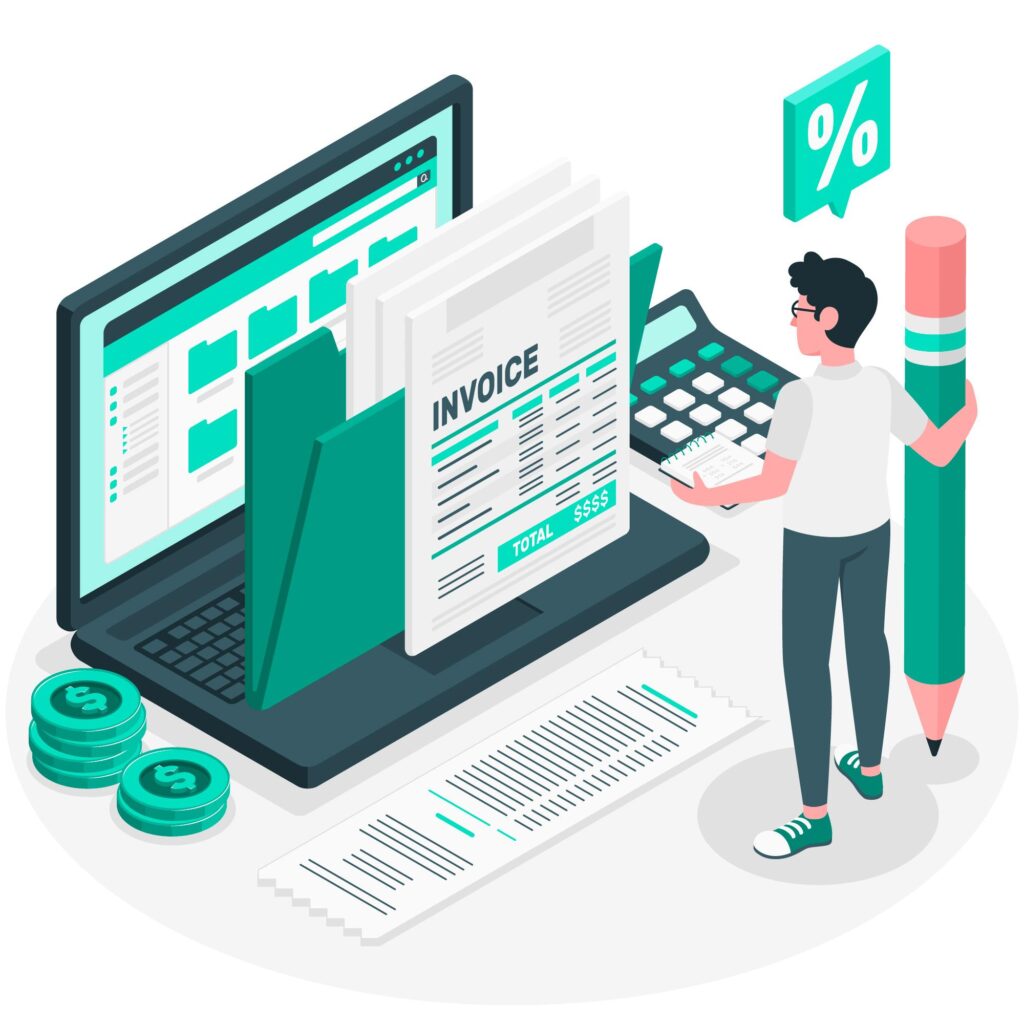
Automated data exchange is the new standard in accounting, ensuring the availability of accurate and up-to-date financial information that is crucial for success in the fast-paced business world. Traditional manual accounting methods cannot always keep pace with the ever-increasing volumes and demands of data. This is where automated data exchange comes in, offering a new approach to financial management and making the accounting process more efficient, accurate and reliable.
What is automatic data exchange?
Automated data exchange is a process that allows different systems and applications to exchange data seamlessly and automatically. In the accounting context, this means that transactions and financial data are automatically synchronised between different systems, such as sales systems, accounting systems and bank accounts. This removes the need for manual data entry and copying, saving time, reducing errors and ensuring data consistency.
The benefits of automatic data exchange in accounting
Efficiency and productivity improvements
Automated data exchange frees accountants from time-consuming manual tasks such as entering invoices and preparing reports. This frees up time for them to focus on more strategic tasks such as financial analysis and risk management.
Improved accuracy
Human errors are inevitable and can have serious consequences in accounting. An automated system, however, operates according to predefined rules and algorithms, reducing the possibility of errors.
Real-time data availability
Traditional accounting methods often provide outdated information that prevents companies from making real-time decisions. Automated data exchange ensures that financial data is always up-to-date and available, enabling companies to make informed and strategic decisions.
Improved compliance and audit readiness
Automated data exchange helps ensure that all transactions and financial data comply with applicable laws and regulations. It also facilitates the audit process and provides a clear audit trail that increases confidence in financial management.
Data integration
Automated data exchange facilitates the consolidation of data from different sources, such as sales, accounting, inventory management and payroll. It provides a holistic view of a company’s financial position, helping to identify trends, risks and opportunities.
Risk reduction
Automated data exchange helps to reduce financial risks by ensuring data accuracy and consistency, and improving communication and cooperation between different departments.
Summary
All in all, automated data exchange makes the accounting process more efficient and reliable, providing businesses with a significant competitive advantage. The availability of accurate and up-to-date financial information enables businesses to make better and faster decisions, optimise costs and reduce risks, thereby creating a solid basis for sustainable growth and development.
